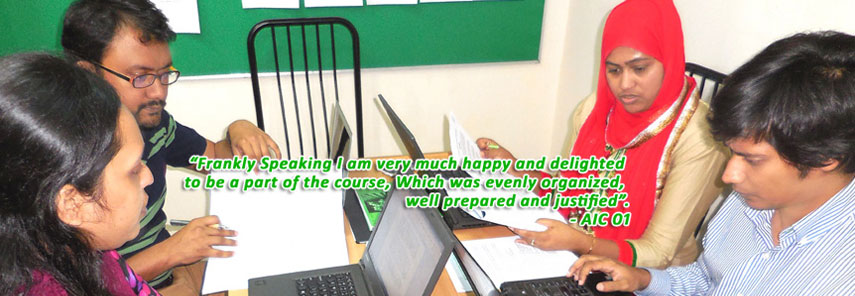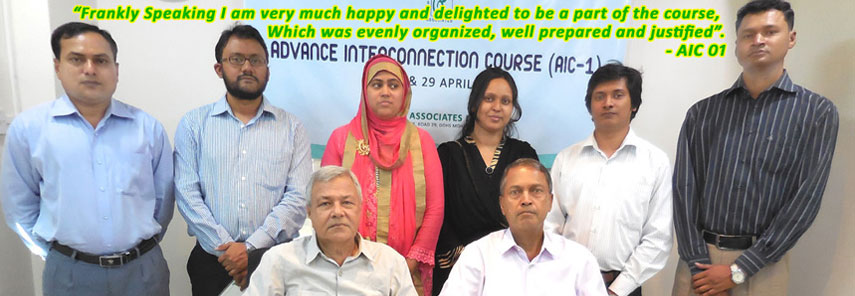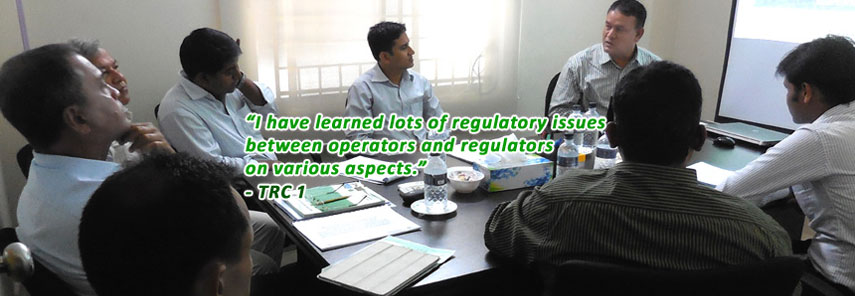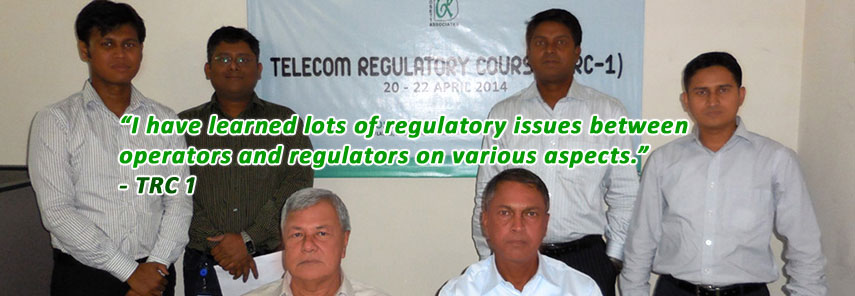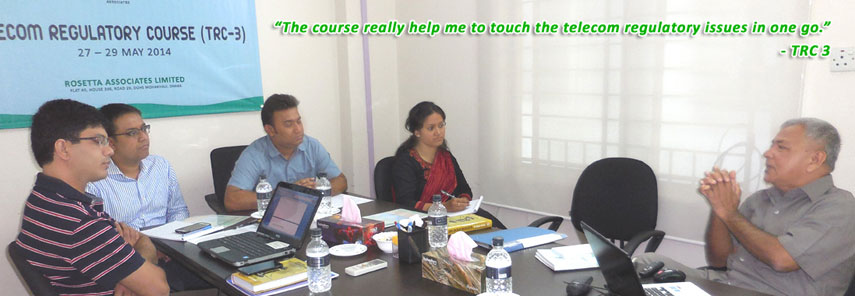ICT News
News Title : Facebook to use Safety Check tool more widely
News Date : 2015-11-17
 -The Independent, UK
-The Independent, UK
Many people have rightfully asked why we turned on Safety Check for Paris but not for bombings in Beirut and other places,” says Mark Zuckerberg
Facebook has changed its policy on its tools for allowing users to check whether people are safe after disasters, following huge criticism for having turned it on for the attacks in Paris but not in Beirut, reports The Independent, UK. The site has long used the tool, called Safety Check, to allow people to mark themselves as safe in the aftermath of natural disasters. But the site turned it on for the first time after the attacks in Paris on Friday night. The site turned on the Safety Check feature very soon after reports of an attack in Paris began, and it proved useful for many people who could check quickly whether their loved ones were safe. But many quickly pointed out that only a day before a double suicide bombing in Beirut left 43 people dead and 250 injured. The site didn’t turn on the feature at all.
Many criticised the decision, including Lebanese blogger Joey Ayoub in a post that has been shared over ten thousand times. Mr Ayoub said that the decision seemed to demonstrate that people’s deaths in Beirut don’t matter as much as those in Paris.
But Facebook has said that Friday’s Paris attacks situation was the first time that it has been turned on for anything other than a natural disaster, and that it marked the first time trying something new. “Many people have rightfully asked why we turned on Safety Check for Paris but not for bombings in Beirut and other places,” wrote Mark Zuckerberg in a Facebook post. “Until yesterday, our policy was only to activate Safety Check for natural disasters. We just changed this and now plan to activate Safety Check for more human disasters going forward as well.
“Thank you to everyone who has reached out with questions and concerns about this. You are right that there are many other important conflicts in the world.
“We care about all people equally, and we will work hard to help people suffering in as many of these situations as we can.”
The feature works by sending out a notification to all of those people that Facebook thinks is in an affected area, asking if a user is safe. Users can then mark that they are safe, generating an update that will be published to their friends, and other people will get a notification or check on updates from everything they know.
A separate Facebook post by the company’s safety team explained how the site will use the feature in the future.
“We chose to activate Safety Check in Paris because we observed a lot of activity on Facebook as the events were unfolding,” Facebook’s vice president of growth, Alex Schultz, wrote in a post
on the site.
“In the middle of a complex, uncertain situation affecting many people, Facebook became a place where people were sharing information and looking to understand the condition of their loved ones.
Source
